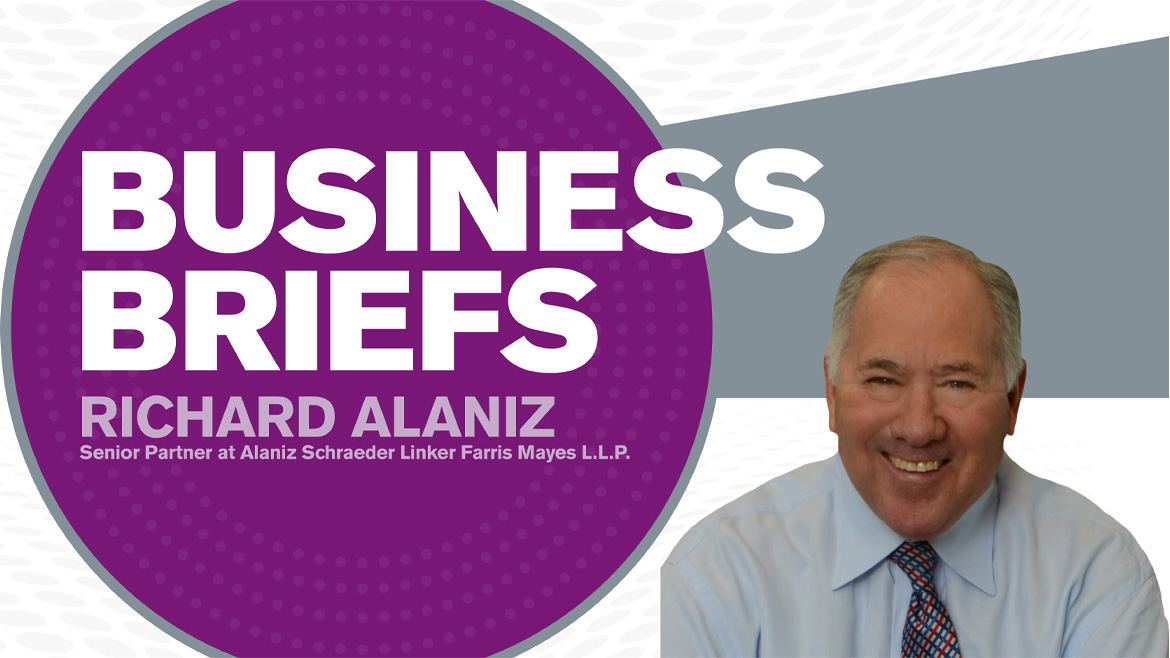COVID-19 cases continue to rise following record numbers of new cases reported over the past few months in California, Florida, Texas, and several other states. This recent dramatic increase in cases has caused a sluggish reopening of the economy in many parts of the country. At some point, hopefully in the near future, the reopening process will accelerate. Employees will return to their workplaces, joining those essential workers that have continued to work throughout the crisis. In almost every workplace, employers have been making and will continue to make, good faith efforts to keep their employees safe by strictly following the CDC/OSHA and state health agencies guidance on preventative measures.
Coronavirus Lawsuits
Ensuring that all coronavirus preventive guidance is in place and being followed may be the most immediate priority for most employers, but it is definitely not the only one. Since the beginning of the current coronavirus crisis, employers have understandably also been concerned over potential lawsuits related to COVID-19 and the anticipated wave of workers compensation claims by employees who contracted the illness. Numerous employee lawsuits have already been filed in courts across the country, and more are sure to follow. The lawsuits have included allegations that employers failed to implement effective and necessary preventive measures, that their employer failed to provide adequate personal protective equipment (PPE), that their employer failed to promptly inform them that a co-worker had tested positive, that increased sanitation procedures were insufficient, and similar claims. In cases where an employee unfortunately died as the result of COVID-19, family members have filed wrongful death claims. As long as coronavirus remains a serious threat to our health, lawsuits will be filed on behalf of those affected.
There have been some efforts to provide liability protection to employers for liability flowing from coronavirus, primarily at the state level. Several states, including Alabama, Georgia, Iowa, Kansas, Louisiana, Massachusetts, Louisiana, Mississippi, North Carolina, Oklahoma, Ohio, and Wyoming have passed laws limiting liability for employers from some COVID-19 related claims. Similar legislation or executive action is pending in several other states as well. In some cases, the protection is extended only to health care providers. While there have been discussions in the Senate of including a provision limiting liability for employers as part of any new federal stimulus package, that legislation appears stalled. The House and Senate appear to currently be divided on the issue, but it could still become part of a compromise stimulus bill.
Workers’ Compensation
The predicted wave of workers’ compensation claims by employees infected with the coronavirus has not developed and may not for several reasons. The availability of 80 hours of paid sick leave under the Families First Coronavirus Relief Act (FFCRA) has likely been one reason that relatively few workers compensation claims have been filed. The majority of those filed have involved nurses and other first responders who have been on the front line of the response to the infection. Workers’ compensation is normally the exclusive remedy of employees for any illness or injury related to the workplace. It is called the “exclusivity bar” since it prevents the filing of lawsuits by employees in virtually all circumstances. COVID-19 is by definition a “disease.” Occupational diseases are those that arise out of and in the course of employment. Most states exclude “ordinary disease of life” from occupational diseases. Ordinary diseases of life include illnesses the general public is equally exposed to and are not the result of increased exposure due to the unique nature of an employee’s job. The expansive community spread of the coronavirus means it is not unique to the workplace.
The fact that the coronavirus can be contracted by anyone in a variety of circumstances creates the difficulty for an employee to prove that the disease “arose out of and in the course of their employment.” In an effort to avoid the likely denial of these types of claims, a number of states have revised their workplace compensation rules to provide a rebuttable presumption that employees who contract COVID-19 did so in the course of their employment if they have worked during the pandemic. States that have reversed the burden of proof include Alaska, Arkansas, California, Florida, Indiana, Kentucky, Minnesota, Missouri, New Hampshire, North Dakota, Utah, Washington, and Wisconsin. In some of the states the presumption is limited to first responders.
Where it is determined that workers’ compensation does not apply, the exclusivity bar protecting employers from lawsuits for workplace illnesses and injuries is obviously not available. In those cases, employees may be able to sue their employers for the tort of negligence, among many others. This is precisely the remedy available for employees of Texas employers who, by law, are permitted to opt out of the state workers compensation system. These so-called “non-subscriber” employers take on themselves the responsibility to provide medical care and income guarantees that are provided under traditional workers compensation coverage. However, they also have exposure to lawsuits based on negligence theories. Because of the unique nature of the Coronavirus and whether there are any long-term effects from the infection, it is difficult to know if there will be extended or permanent health problems preventing an employee from returning to work without limitations. If there are, it could prove even more costly to non-subscribers.
Just as the best course of action to prevent employee exposure is strict compliance with the CDC/OSHA and state health agencies’ guidance, those same efforts will help minimize exposure to lawsuits and governmental action. As more information is known about the coronavirus, the guidance is updated. Continued vigilance is a small price to pay to keep our employees safe and our businesses operating.


Report Abusive Comment